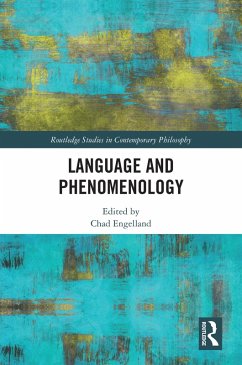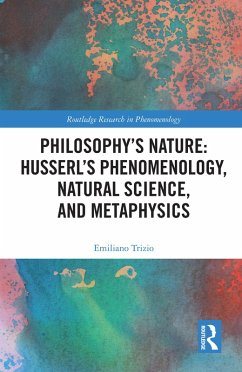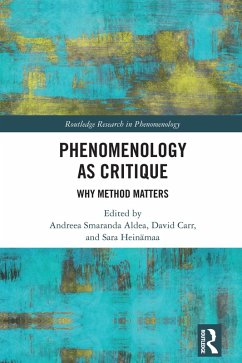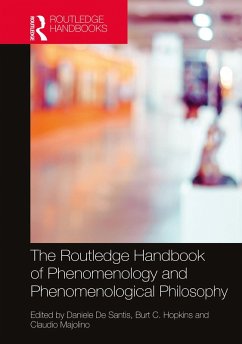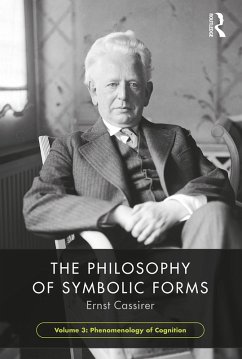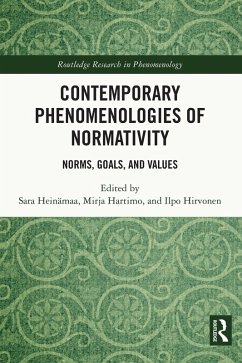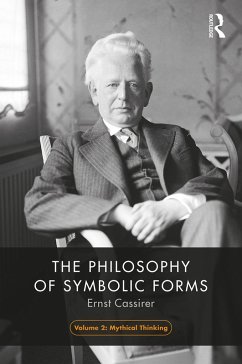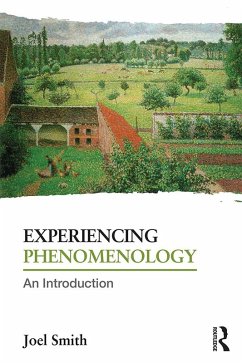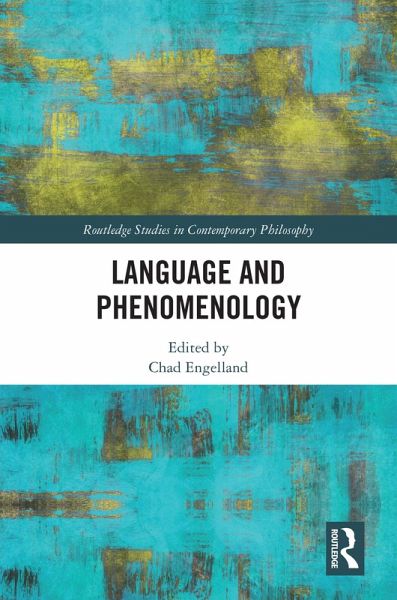
Language and Phenomenology (eBook, PDF)
Versandkostenfrei!
Sofort per Download lieferbar
39,95 €
inkl. MwSt.
Weitere Ausgaben:

PAYBACK Punkte
20 °P sammeln!
At first blush, phenomenology seems to be concerned preeminently with questions of knowledge, truth, and perception, and yet closer inspection reveals that the analyses of these phenomena remain bound up with language and that consequently phenomenology is, inextricably, a philosophy of language. Drawing on the insights of a variety of phenomenological authors, including Husserl, Heidegger, Merleau-Ponty, Gadamer, and Ricoeur, this collection of essays by leading scholars articulates the distinctively phenomenological contribution to language by examining two sets of questions. The first set o...
At first blush, phenomenology seems to be concerned preeminently with questions of knowledge, truth, and perception, and yet closer inspection reveals that the analyses of these phenomena remain bound up with language and that consequently phenomenology is, inextricably, a philosophy of language. Drawing on the insights of a variety of phenomenological authors, including Husserl, Heidegger, Merleau-Ponty, Gadamer, and Ricoeur, this collection of essays by leading scholars articulates the distinctively phenomenological contribution to language by examining two sets of questions. The first set of questions concerns the relatedness of language to experience. Studies exhibit the first-person character of the philosophy of language by focusing on lived experience, the issue of reference, and disclosive speech. The second set of questions concerns the relatedness of language to intersubjective experience. Studies exhibit the second-person character of the philosophy of language by focusing on language acquisition, culture, and conversation. This book will be of interest to scholars of phenomenology and philosophy of language.
Dieser Download kann aus rechtlichen Gründen nur mit Rechnungsadresse in A, B, BG, CY, CZ, D, DK, EW, E, FIN, F, GR, HR, H, IRL, I, LT, L, LR, M, NL, PL, P, R, S, SLO, SK ausgeliefert werden.




